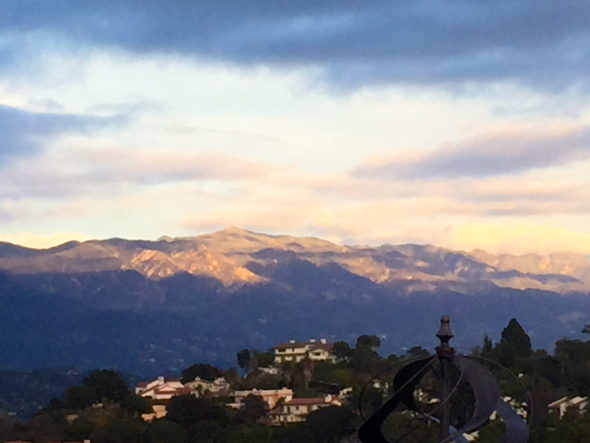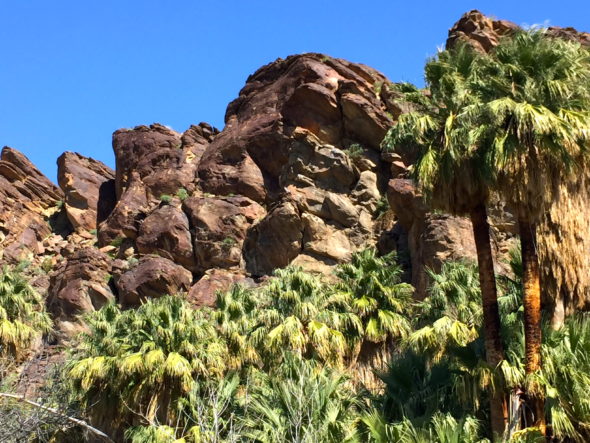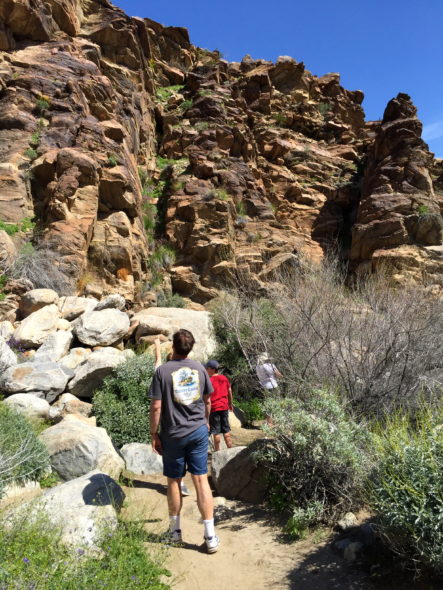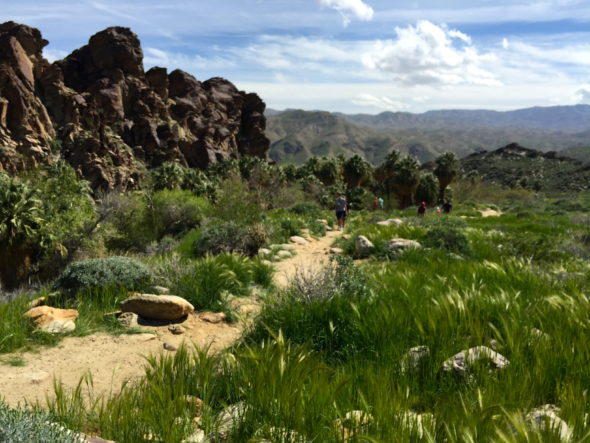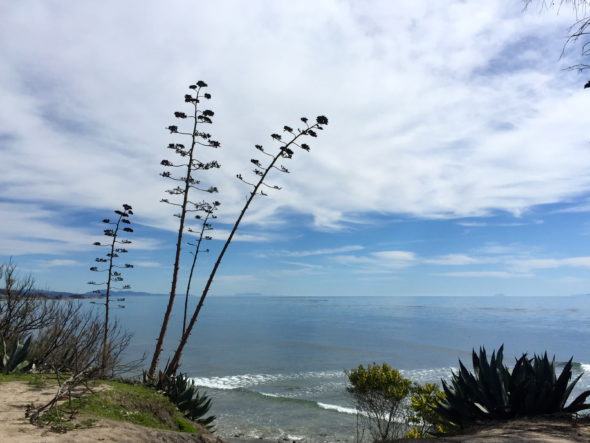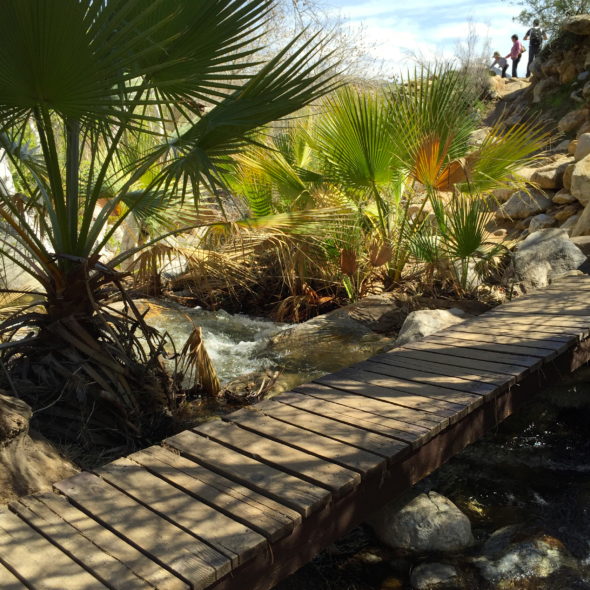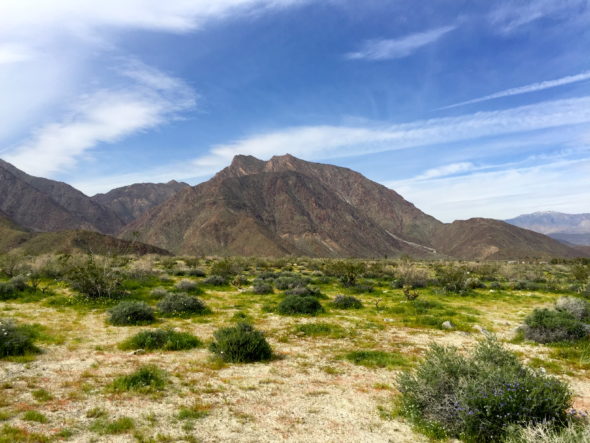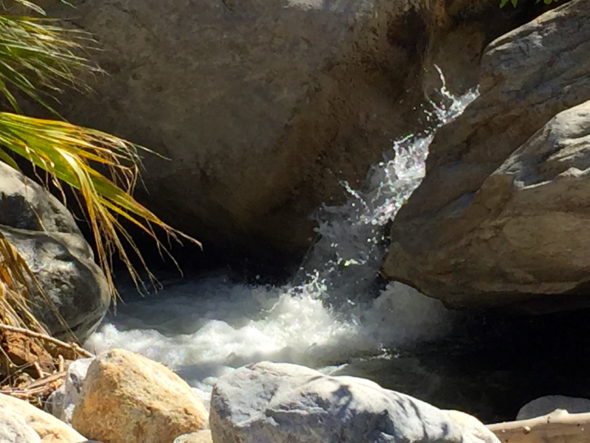Acts 9:1-20
Meanwhile Saul, still breathing threats and murder against the disciples of the Lord, went to the high priest and asked him for letters to the synagogues at Damascus, so that if he found any who belonged to the Way, men or women, he might bring them bound to Jerusalem. Now as he was going along and approaching Damascus, suddenly a light from heaven flashed around him. He fell to the ground and heard a voice saying to him, “Saul, Saul, why do you persecute me?” He asked, “Who are you, Lord?” The reply came, “I am Jesus, whom you are persecuting. But get up and enter the city, and you will be told what you are to do.” The men who were traveling with him stood speechless because they heard the voice but saw no one. Saul got up from the ground, and though his eyes were open, he could see nothing; so they led him by the hand and brought him into Damascus. For three days he was without sight, and neither ate nor drank.
Now there was a disciple in Damascus named Ananias. The Lord said to him in a vision, “Ananias.” He answered, “Here I am, Lord.” The Lord said to him, “Get up and go to the street called Straight, and at the house of Judas look for a man of Tarsus named Saul. At this moment he is praying, and he has seen in a vision a man named Ananias come in and lay his hands on him so that he might regain his sight.” But Ananias answered, “Lord, I have heard from many about this man, how much evil he has done to your saints in Jerusalem;and here he has authority from the chief priests to bind all who invoke your name.” But the Lord said to him, “Go, for he is an instrument whom I have chosen to bring my name before Gentiles and kings and before the people of Israel; I myself will show him how much he must suffer for the sake of my name.” So Ananias went and entered the house. He laid his hands on Saul and said, “Brother Saul, the Lord Jesus, who appeared to you on your way here, has sent me so that you may regain your sight and be filled with the Holy Spirit.” And immediately something like scales fell from his eyes, and his sight was restored. Then he got up and was baptized, and after taking some food, he regained his strength.
For several days he was with the disciples in Damascus, and immediately he began to proclaim Jesus in the synagogues, saying, “He is the Son of God.”
Such a familiar story for those of us who have been following after Jesus for a while. We know this one, inside and out, right?
Read it again. And read it as though you’ve never in your life heard this tale. See what jumps out at you, what surprises, flusters, mystifies, confuses you. Here’s what I see this time around:
That Saul is one determined zealot! And he’s on the road.
Saul is the only one who sees that light, that blinding light. But everyone heard the voice. Now whether or not the others heard the words is not clear — but the voice was audible to everyone.
Ananias has a vision, too. And both Saul and Ananias enter into a conversation with Jesus in the midst of their visions. And both of them are confused by everything, too. Saul is clueless as to the identity of this voice. Ananias knows who it is, but doesn’t much like what he says!
In response to Ananias, Jesus tells him that Saul has been chosen, very specifically, to take the good news to the Gentile world. And that he — Jesus, himself — will teach him how much he will suffer as he moves into that call.
Ananias is obedient, despite his reservations. He goes to the street called Straight, he enters the house, he lays hands on Saul and prays for his healing, the healing happens in a strange way, Saul is baptized and he eats for the first time in three days.
Saul wastes no time in being obedient, either. Immediately, he begins proclaiming who Jesus is in the synagogues of Damascus.
Amazing. So many pieces to this stunning little puzzle of a narrative. The rest of the book of Acts and half of the rest of the New Testament is devoted to this man, to his work, his teaching, his relationship with Jesus, his friendships, his arguments, his troubles and his successes. But here, right here, we meet him for the first time
Quite the introduction, don’t you think?
Lord, I thank you for Saul/Paul. For his energy, devotion, willingness to truly repent (turn around) and his skill and commitment as a disciple and a teacher/leader. He doesn’t do anything perfectly, but he does it all devotedly and he does it all well. Thank you for his life, for his words, for his mission. Thank you most of all that way back then, you saw us. . . these Gentiles of the 21st century . . . and you found someone to take your message of love and hope and salvation in our direction.

